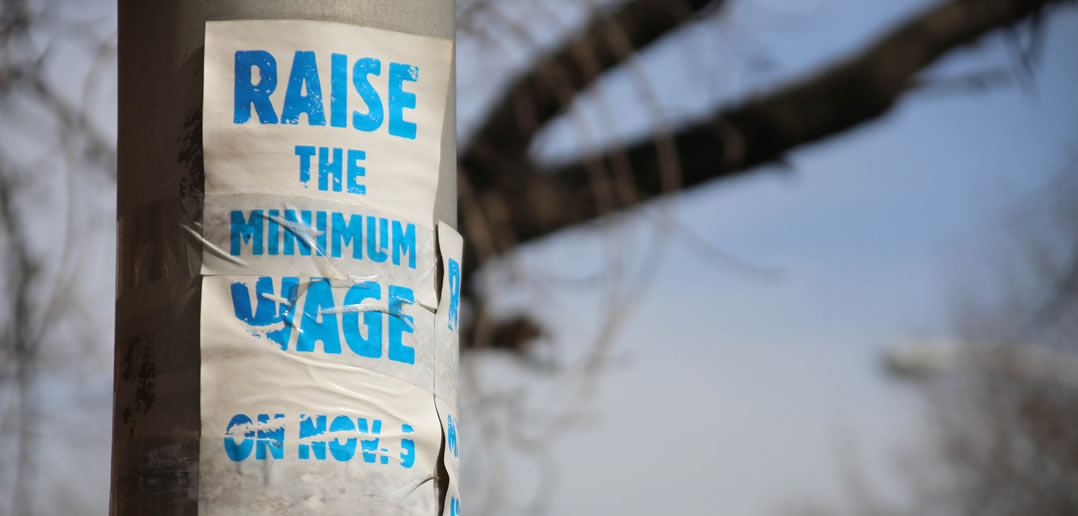
- This event has passed.
The Distributional Effects of Minimum Wages: Evidence from Linked Survey and Administrative Data
October 10, 2018 @ 4:00 pm - 6:00 pm
Event Navigation

Voorheis will discuss the implications of his research finding that minimum wage policies increase long-term earnings of low-wage workers, and possibly reasons for the persistence of those effects. Rising income inequality and stagnating economic mobility have prompted state and local governments to focus on higher minimum wages. As these policies expand, an understanding of how minimum wage increases affect earnings growth is critical. However, commonly used public datasets offer limited opportunities to evaluate this relationship. Using administrative earnings data from the Social Security Administration linked to the Current Population Survey, we gain valuable insight into how effects of the minimum wage on earnings persist over time.
By estimating the effects of the minimum wage on both growth incidence curves and income mobility profiles, we find that raising the minimum wage increases earnings growth at the bottom of the distribution. These effects persist – even grow in magnitude over several years. These findings and suggest that a minimum wage increase comparable in magnitude to the increase experienced in Seattle between 2013 and 2016 would have blunted some, but not all, of the worst income losses suffered at the bottom of the income distribution during the Great Recession.
Register

John Voorheis is an economist at the U.S. Census Bureau’s Center for Administrative Records Research and Applications. His work focuses on the connections between income inequality and political polarization, environmental quality, and economic growth.
 Carl Nadler is a labor economist and postdoctoral scholar at the Center on Wage and Employment Dynamics (CWED) at the Institute for Research on Labor and Employment at the University of California, Berkeley, where he works on research related to the minimum wage.
Carl Nadler is a labor economist and postdoctoral scholar at the Center on Wage and Employment Dynamics (CWED) at the Institute for Research on Labor and Employment at the University of California, Berkeley, where he works on research related to the minimum wage.
